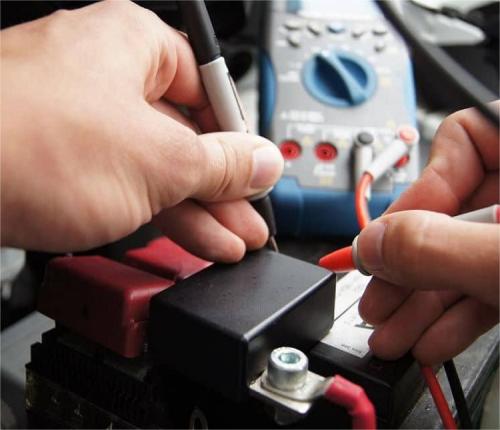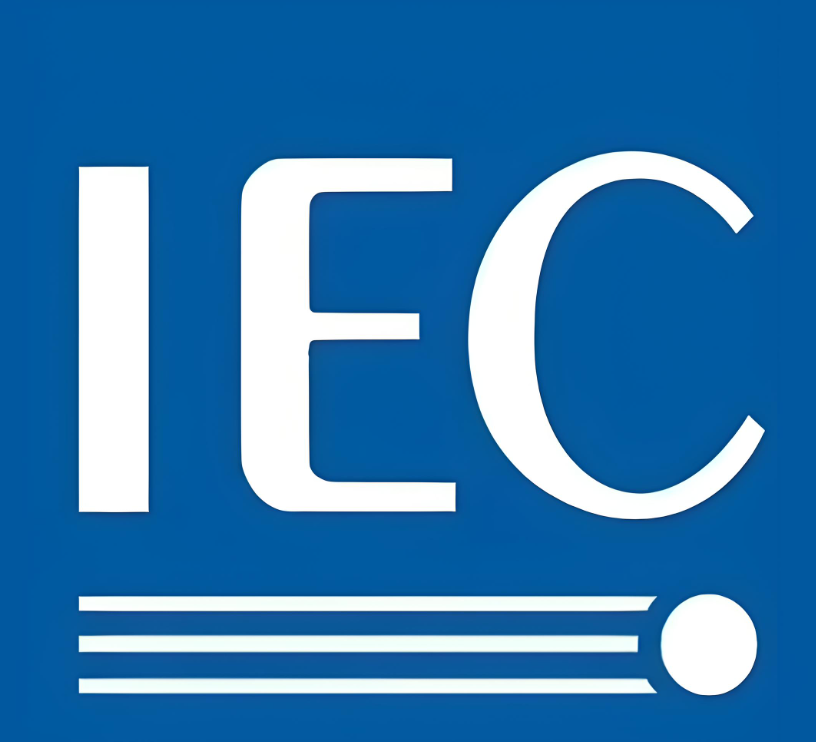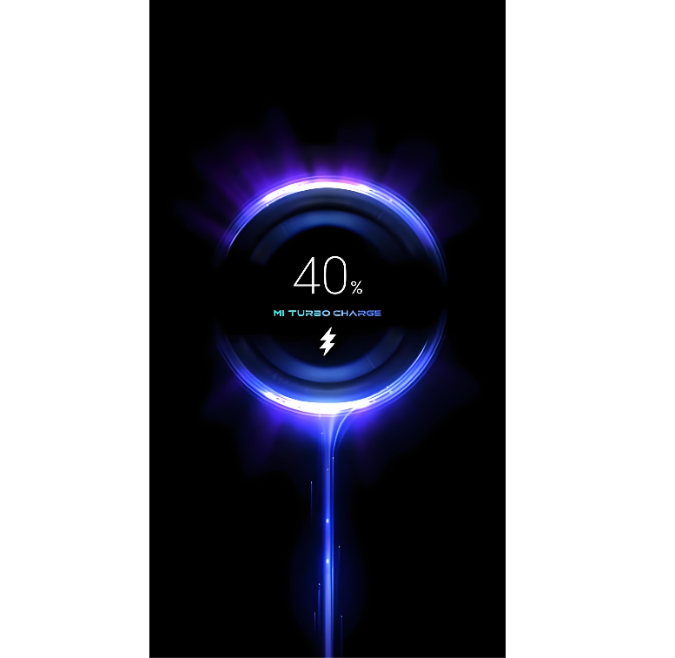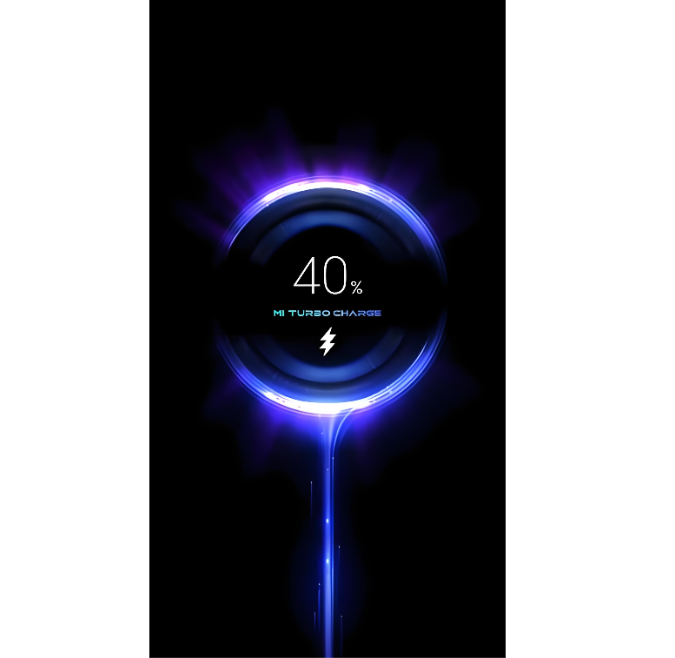Lithium-Ion Battery Care Guide
Rectifier converts AC to DC, and inverter converts DC to AC
Rectifier and inverter are two important devices in the field of power electronics. Their functions, working principles and application scenarios are significantly different. The following is a detailed comparison of the two
1. Functional difference
Rectifier: Converts AC to DC. The rectifier uses the unidirectional conductivity of the diode to filter out the negative half-cycle or positive half-cycle in the AC, thereby obtaining unidirectional DC.
Inverter: Converts DC to AC. The inverter converts DC to AC with constant frequency and voltage or frequency and voltage by controlling the on and off of semiconductor switches.
2. Working principle
Rectifier: Based on the unidirectional conductivity of semiconductors, the conversion of AC to DC is realized through components such as diodes or thyristors. Common rectification methods include half-wave rectification, full-wave rectification and bridge rectification.
Inverter: Based on the on-off control of semiconductor switches, direct current is converted into alternating current. Inverters are divided into active inverters and passive inverters. Active inverters send direct current back to the grid, while passive inverters directly supply the load.
3. Structural composition
Rectifier: It is mainly composed of semiconductor components such as diodes and thyristors, and its structure is relatively simple.
Inverter: It includes inverter bridge, control logic and filter circuit, and its structure is relatively complex.
4. Application scenarios
Rectifier: It is widely used in power supply equipment, communication systems, electronic equipment and other fields to convert alternating current into direct current for equipment use.
Inverter: It is mainly used in solar power generation systems, electric vehicle charging systems, UPS power supplies and other fields to convert direct current into alternating current for load use.
5. Actual cases
Rectifier: In communication systems, rectifiers convert AC power into DC power and supply power to communication equipment.
Inverter: In a solar power generation system, the inverter converts the direct current generated by the solar panel into alternating current so that it can be connected to the power grid and supplied to homes or businesses.
In summary, rectifiers and inverters have significant differences in function, working principle, structure and application scenarios, but they are both important and indispensable devices in power electronics technology.







